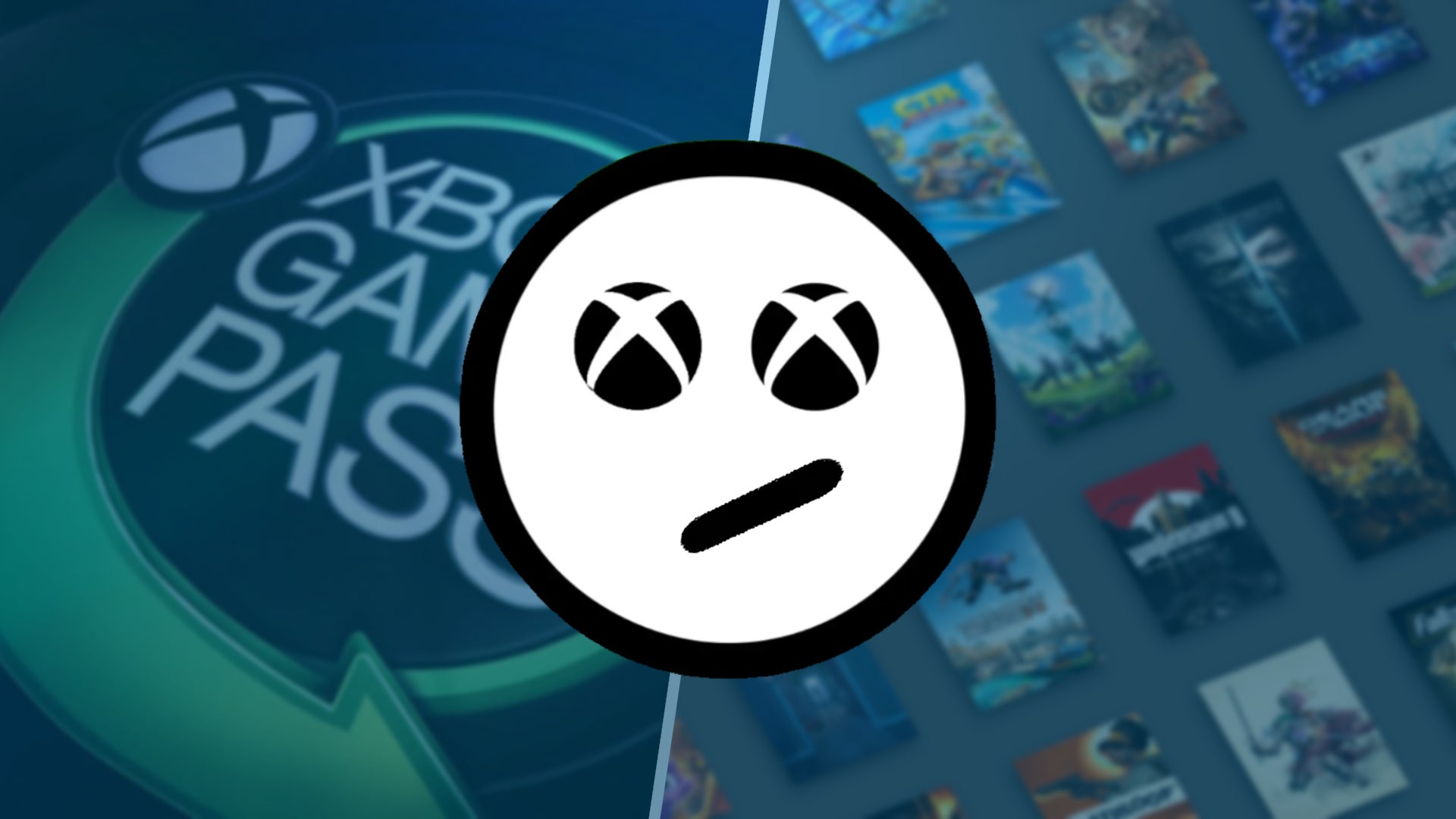I’m not going to argue that Game Pass, following its recent price hike, is cheap. It’s not. It’s creeped into the “hmm” category, similar to the £35 a month phone contract I’d scowl at every time I looked over my bank statement, which had actually gone from “mmm” to “mmm?” and was followed by a cost-cutting exercise that has now made me £28 a month better off, albeit with an old phone. At £22.99, Game Pass Ultimate is right on the precipice of doom – or in other words, me considering if I really need this expense. I’ve got some time to think about that. What I am going to argue, though, is how much of a terrible loss to game discovery it’ll be if Game Pass eventually dies out.
First, a story. Let me tell you about what game discovery used to be like as I take you on a journey through the latter half of the 90s. A pre-internet era full of wonder, and a burgeoning games industry that felt like it was walking perfectly between nerd culture and mainstream cool. What a time to be exploring what was out there. If only we had appreciated how good we had it.
Magazines, remember those? (I know they still exist, before someone from Edge emails me to say they are still relevant, actually – I prefer Retro Gamer these days as I’m old.) I bought a lot of them, spending an awful lot of my pocket and paper round money on about six per month, and generally each one would be able to keep me informed on 90-100 percent of all the games releasing in the next month or so. Excellent. Demos were widely available for disc-based consoles via official magazines, PC demos arrived alongside a handful of PC gaming mags (PC Zone, the best, obviously), and you could fairly easily rent games from video stores. I’d generally only be able to buy two or three games per year, but I played way more than that and felt like I was all-knowing – perhaps all kids feel this way, but it’s rare I’d see a game in Dixons and not already know a lot about it.
Fast forward 30 years and we’re in a very different world. No magazine could ever keep you properly informed on 90-100 percent of all the games being released, even if it only focused on the ones that looked great. Demo discs are no more, demos themselves are rare outside of indies on Steam and beta tests for shooters, you can’t rent games on the high-street any more (you can barely even find a shop that sells games on the highstreet to be fair), and some of the biggest voices talking about games focus on just a few that everyone already knows about. Websites, which I obviously have to big up as I run this one, do their best, but I can probably count five or so games every day that I am told about that we simply don’t have the time to write about.
